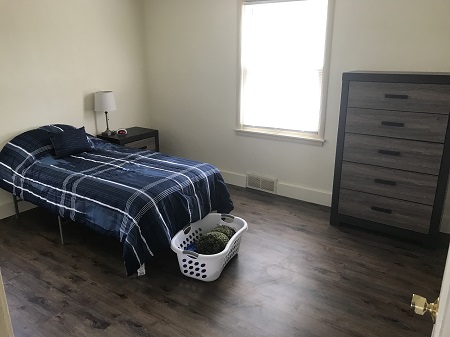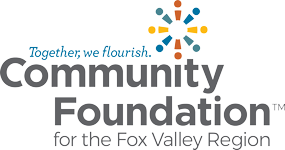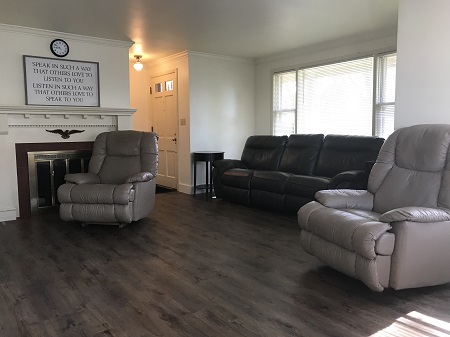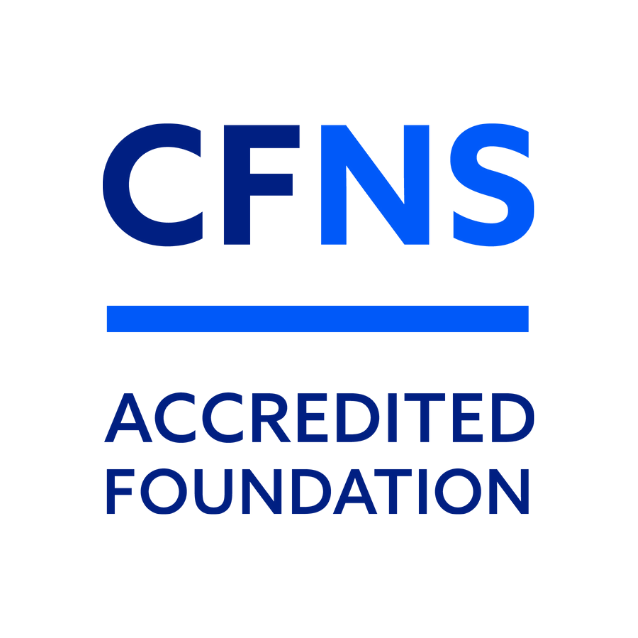Pillars to expand its Single Room Occupancy program
Move-in day! Grants from charitable funds within the Community Foundation continue to support organizations eradicating poverty and homelessness, such as Pillars’ Single Room Occupancy Program that allows clients to share a home with affordable rent.
By Ryne Lodl, Donor Engagement Manager, Pillars
Imagine doing everything you can to get out of homelessness, but not being able to find housing. You have reliable income, but still cannot find a place to live independently. Recognizing that this scenario is a reality for many individuals, Pillars recently developed the Single Room Occupancy Program.
Established in May 2019, the Single Room Occupancy Program serves individuals struggling to exit shelter. By analyzing data from the past two years, Pillars found that 30% of singles staying at either Pillars Adult Shelter or Pillars Adult & Family Shelter had income of over $1,000 a month. The common barrier was they could not find someone willing to rent to them. Reasons for barriers to rental may include low credit score, past evictions, and, in some cases, criminal history.
Now, through the Single Room Occupancy Program, participants rent their own room and share common areas, such as the bathrooms, living room and kitchen. The program, which allows a stay of up to two years, gives participants affordable housing, the opportunity to build a positive rental history, and access to Pillars case management so they can continue to address other barriers and prepare for independent living.
 Currently, four individuals are being served in the Single Room Occupancy Program. Dee Verkuilen is a case manager for the program. “The four men in the program have worked together seamlessly to make their first house into a ‘home,’” Verkuilen said. “They come from diverse backgrounds and all face different barriers, but work together to solve any issues that may come up.”
Currently, four individuals are being served in the Single Room Occupancy Program. Dee Verkuilen is a case manager for the program. “The four men in the program have worked together seamlessly to make their first house into a ‘home,’” Verkuilen said. “They come from diverse backgrounds and all face different barriers, but work together to solve any issues that may come up.”
Several months into the four men’s stay, Verkuilen and another Pillars case manager shared dinner with them at their home. That night, one gentleman made roast chicken, another prepared a salad, and the third made brownies. The fourth gentleman took on kitchen clean up.
It was an enjoyable evening as they chatted about what it was like for them to be considered for and then enter the program that allowed them the opportunity to finally have a place to call home.
The Single Room Occupancy Program is in the process of preparing two more properties to be utilized for the program, thanks to investments from the City of Appleton Community Development Block Grant, United Way Fox Cities, an anonymous donor and the Basic Needs Giving Partnership within the Community Foundation, supported by the U.S. Venture Fund for Basic Needs, the J.J. Keller Foundation, Inc., and other community partners. By mid-2020, there will be three operational properties, serving 12-15 individuals who might otherwise have few options other than to continue their stays in shelter.
Pillars is the result of a merger last year of the Fox Valley Warming Shelter, Homeless Connections and Housing Partnership of the Fox Cities. The Community Foundation supported the merger with a $9,600 grant from the Bright Idea Fund. Learn more here.





Pillars has pragmatic, creative ideas to solve the problem of affordable housing for people whose monthly income puts them at the 25 percentile of county median income. Single room occupancy (SRO), rooming house rentals were regulated out of existence by Appleton. But SRO is all that some people can afford. I prefer owner-occupied units even if they are very small, efficiency units. Pillars, the City and local lenders can fix this. Pillars has started a pipeline of clients who would be able to become individual owners of new efficiency units in a building with some communal, shared spaces. These would be governed by owner associations, under Articles of Condominium documents, recorded at the County. Pillars would assist by arranging groups and documents, probably with buy-back clauses and perhaps with co-signer Pillars. Buyers would borrow at their own banks and credit unions. The mortgages would be held by local financial groups, not sold into a national mortgage bond market, which does not exist for small condos, owned by low-income people. Pillars, thank you for setting up this pipeline. I want to add my vision to yours. Marsha Brewer